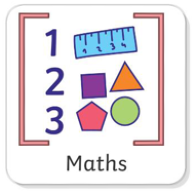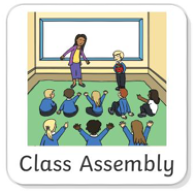Friday
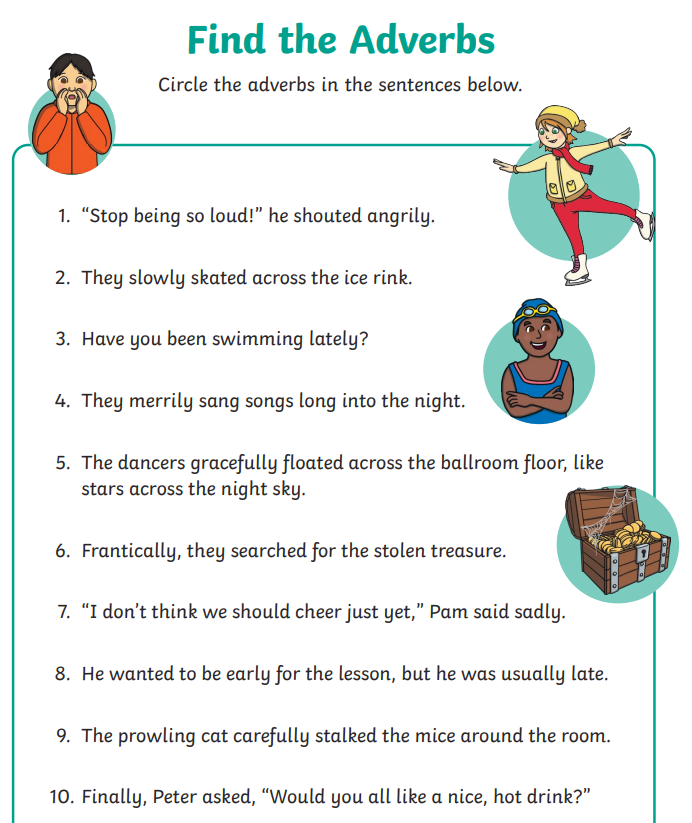
4K
Friday9th May 2025
LC: Use reading research skills to identify and describe the major rivers in Italy .
Two major rivers in Italy are the Po River and the Tiber.
Find them on the map.
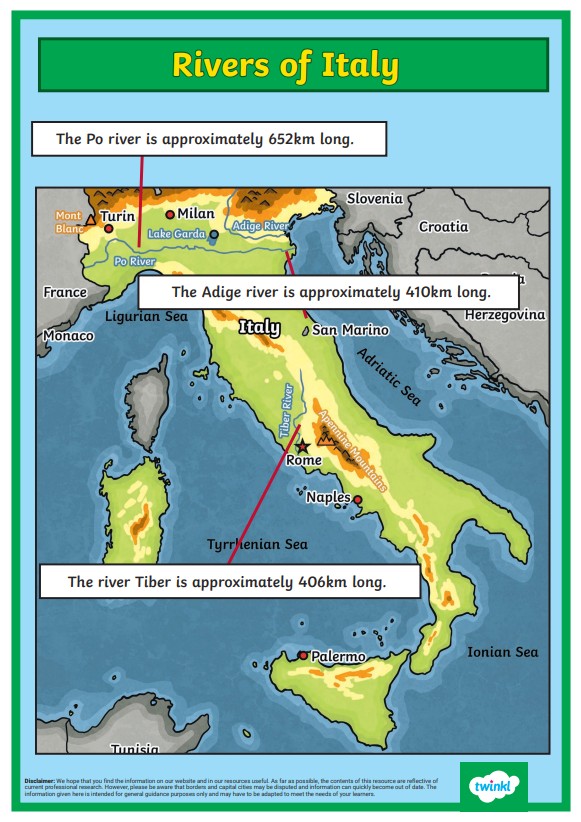
Use your reading research skills to identify information about the physical features of these rivers.
The Po River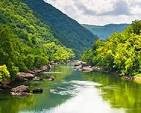
-
Longest in Italy:The Po is the biggest river in Italy, longer than any other river in the country.
-
Mountain to Sea:It starts high in the mountains and ends at the sea, making a long journey.
-
Big Valley:The Po River flows through a big, flat area called the Po Valley, which is great for farming.
-
Helpful for Farming:The Po River provides water for crops, helping farmers grow lots of food.
-
Many Towns:Many cities and towns are located along the Po River, like Turin, Cremona, and Ferrara.The Tiber River
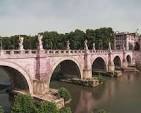 The Tiber River is a major river in Italy, famous for flowing through the city of Rome. It's the third-longest river in Italy and the longest in Central Italy. The city of Rome was founded on its banks. The Tiber is 405 kilometers (252 miles) long and drains a large area of Italy.Here are some more fun facts:
The Tiber River is a major river in Italy, famous for flowing through the city of Rome. It's the third-longest river in Italy and the longest in Central Italy. The city of Rome was founded on its banks. The Tiber is 405 kilometers (252 miles) long and drains a large area of Italy.Here are some more fun facts:-
Rome's River:The Tiber River flows right through the middle of Rome, making it a very important part of the city's history and everyday life.
-
Ancient Significance:The Tiber was important to the ancient Romans, who used it for transportation, trade, and even to power some of their machines.
-
Tributaries:The Tiber River has several smaller rivers that join it, including the Aniene River.
-
Delta:At the end of its journey, the Tiber flows into the Tyrrhenian Sea, forming a delta, which is an area where a river branches out into many smaller streams before emptying into a larger body of water.
-
Navigation:The Tiber was once a major waterway for trade, and even today, small steamers can travel along parts of the river.
-
Symbolic Places:The Tiber River is also a very important landmark, with many famous buildings and bridges located along its banks, including St. Peter's Basilica and the Pantheon.
-
4W
Friday 9th May 2025
Infer characters’ thoughts and feelings from their actions and justify with evidence from the text.
What is inference?
When we read stories, watch films or TV shows, look at pictures or play video games, we use lots of different skills to work out what is happening.
One of these skills is called inference.
Inferring is a bit like being a detective. You have to use the clues to work out hidden information.
Imagine the main character in a story skips into a room, smiling brightly and waving to their friends. You could infer that the character is happy.
The text hasn’t told you the character is happy, but you can work it out from the clues given.
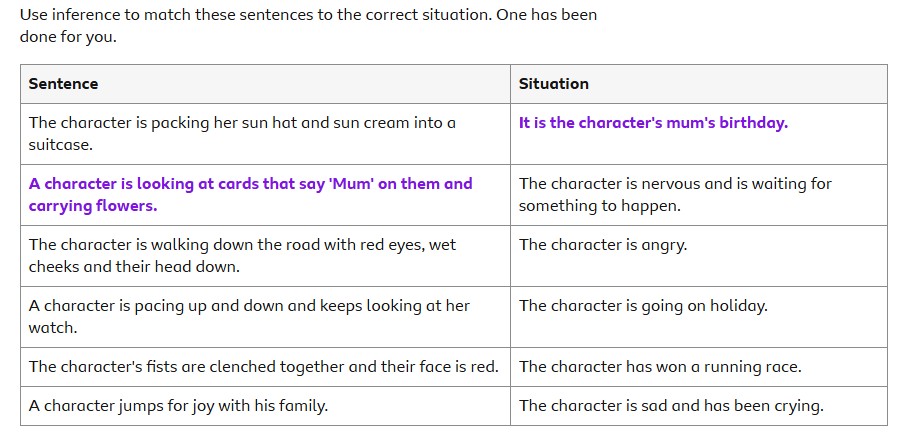
Now let's practise our inference skills.
Stig of the Dump.
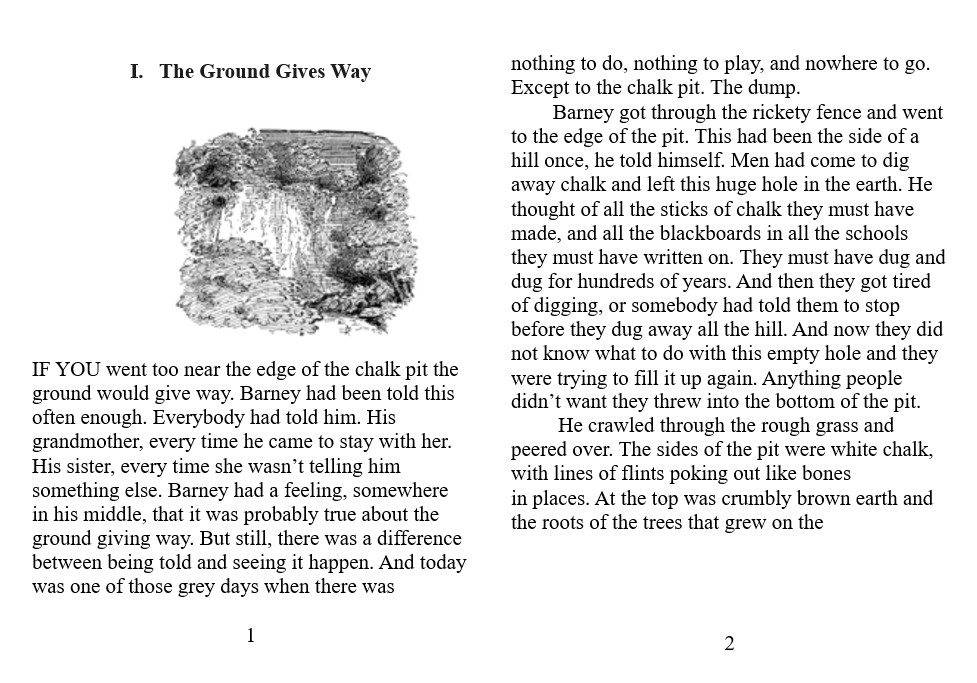




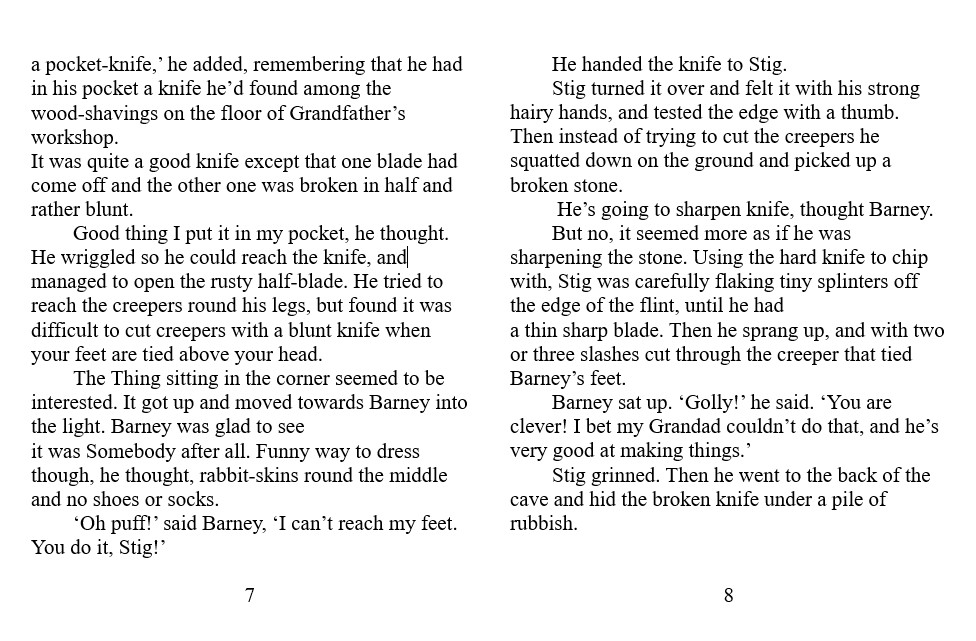
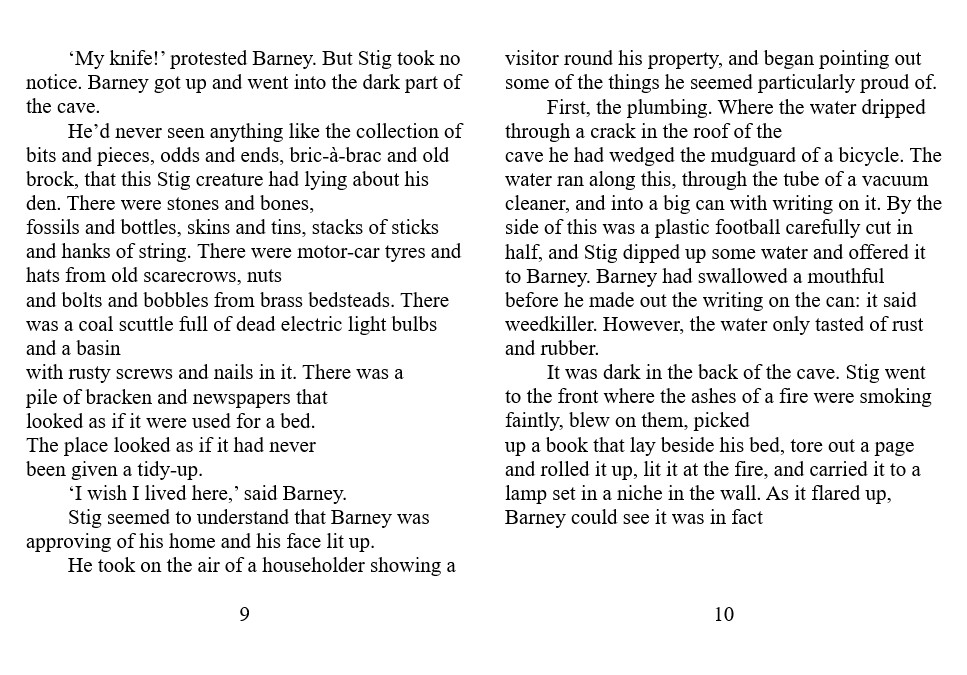
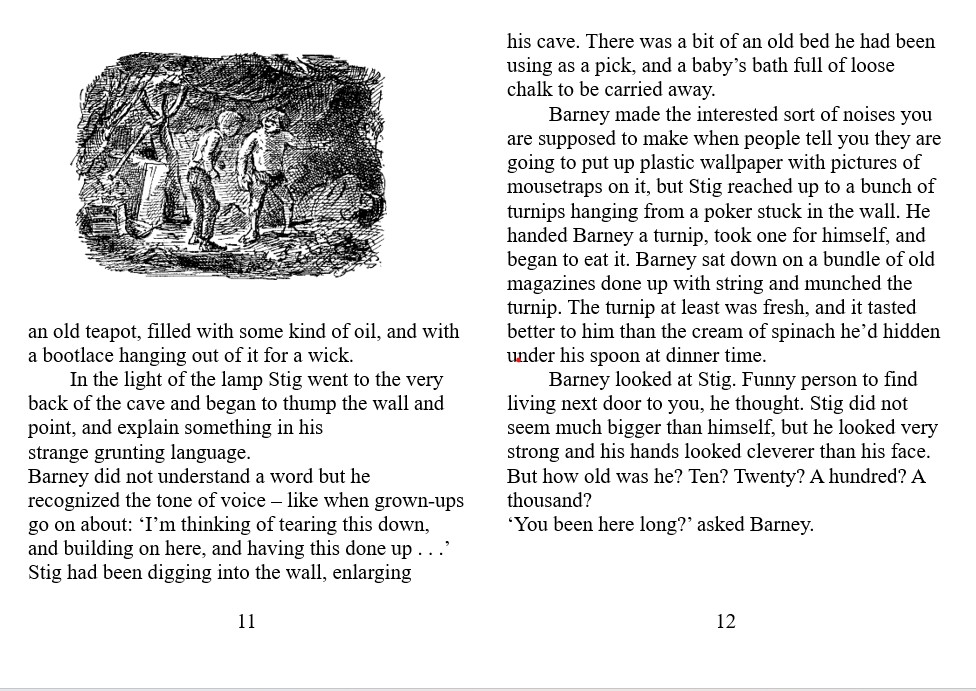
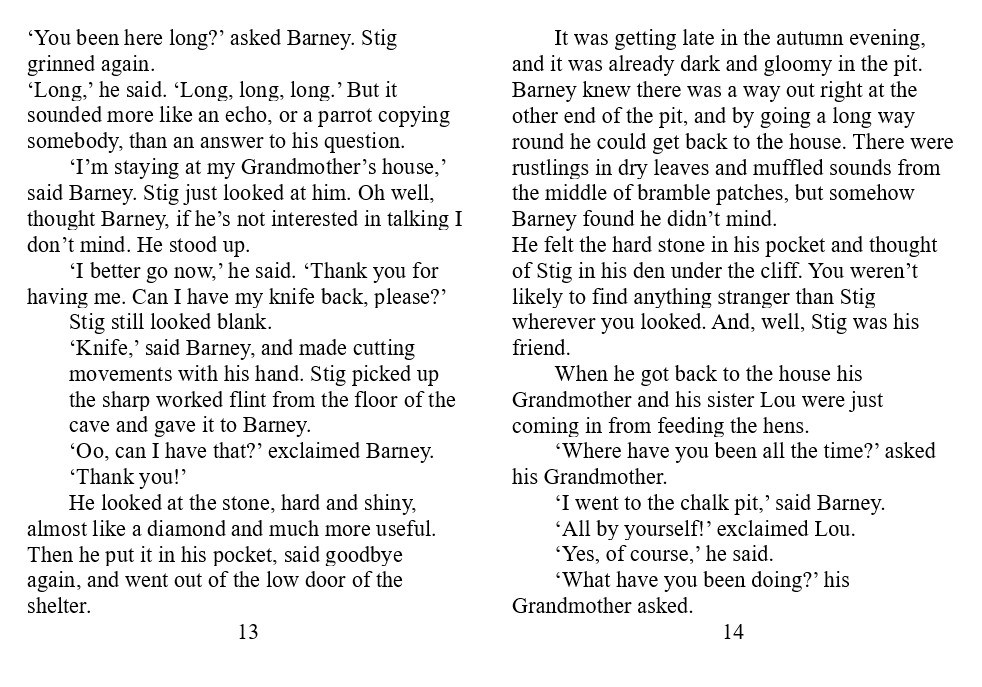
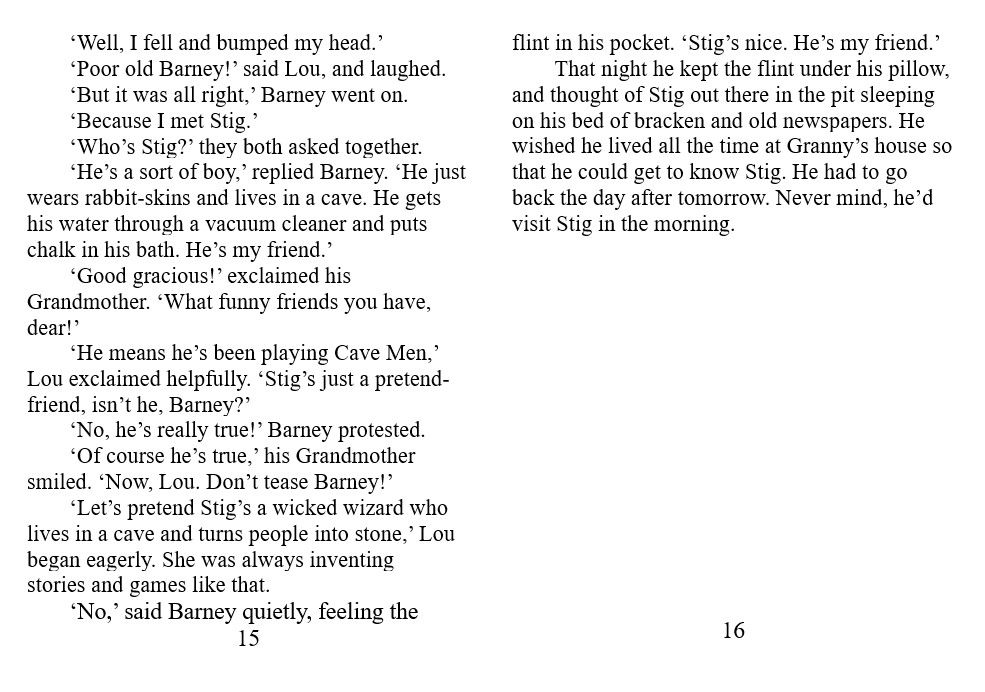
p3 - Why did Barney wish he was at the bottom of the pit?
Barney wished he was at the bottom of the pit because ________________
_________________________________ .
I know this because _________________
__________________________________
_________________________________ .
p5 - Why did Barney think someone had tied him up?
p8 - Why did Barney think Stig was going to sharpen the stone?
p10 - Why did the water taste of dust and rubber?
p14 - Why didn't Barney mind the strange noises he heard on the way home?
p16 - What made Barney say that Stig was nice?
Friday 9th May 2025
LC: To be able to develop a new story based on a plot structure: combine characters and setting.
Teacher model: We will be writing section 1 and 2 of our chunk a plot using our planning. Listen carefully because you will be using this model to help you write yours.

09.05.25
LC: To be able to compare the perimeters and areas of rectilinear shapes.
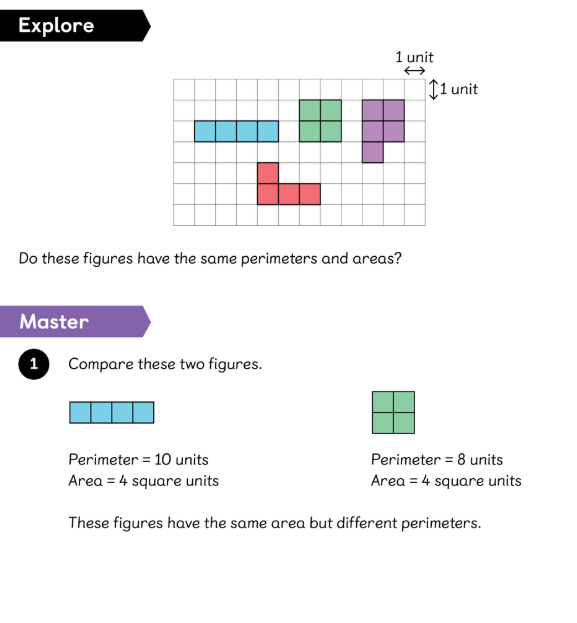
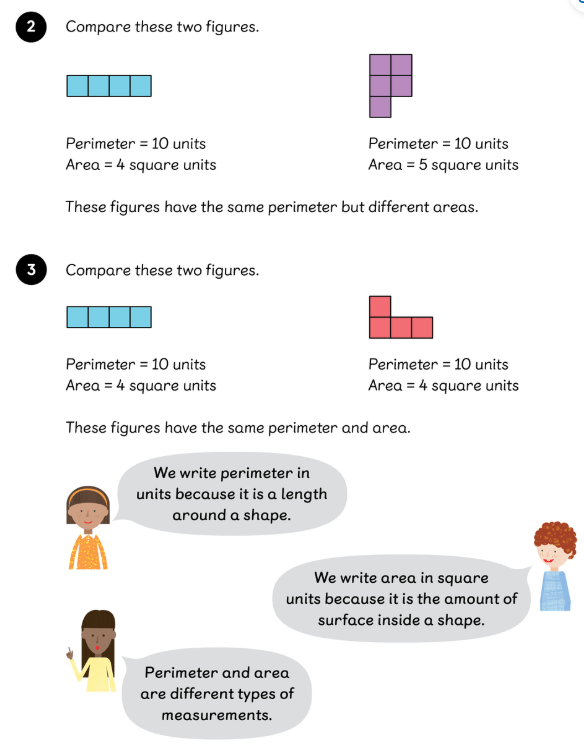
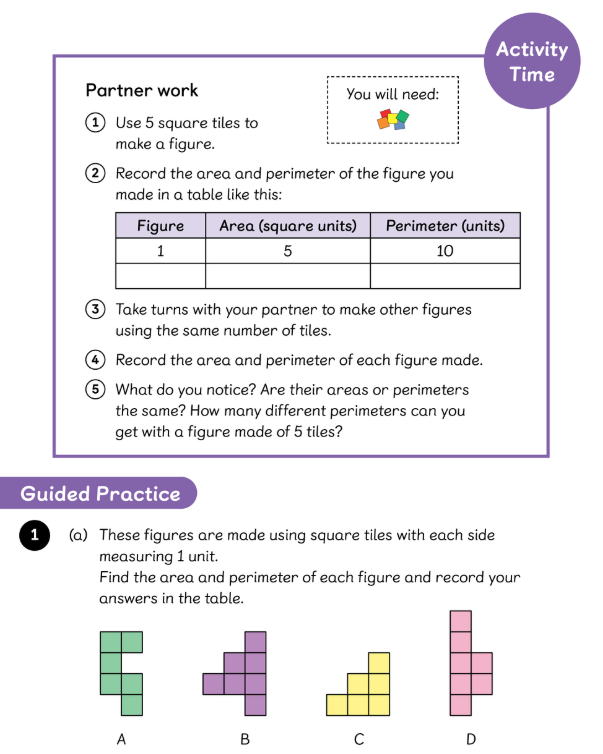
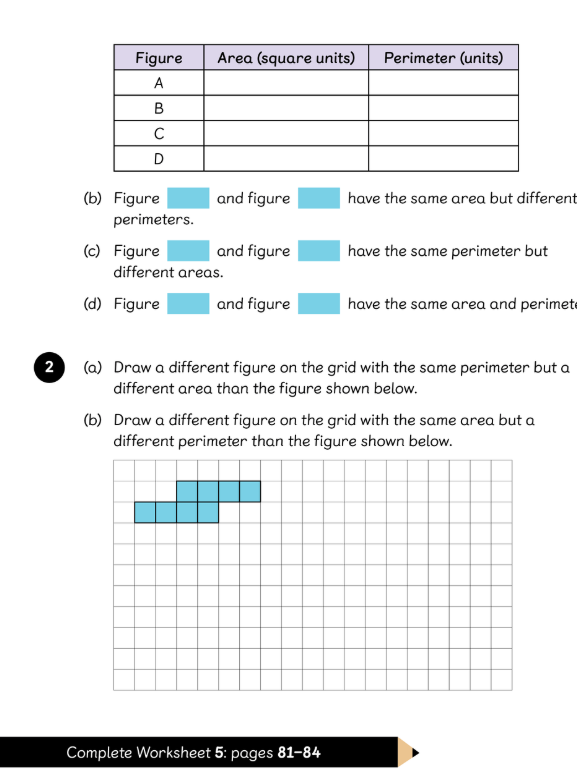
Friday 9th May 2025
LC: To name the components in a circuit.
LC: To predict whether a bulb will light in a circuit.

Drawing series circuits
Practice drawing the following series circuits using the different components.
- A simple circuit with a bulb and a cell.
- A circuit where the bulb doesn't light up.
- A circuit with three batteries, a bulb and a buzzer.
Look at the circuit pictures below. Will it light? Yes or No? Why?







t2 s 454 year 4 electricity making circuits teaching powerpoint text 1 .pdf
World Poverty - What can we do?
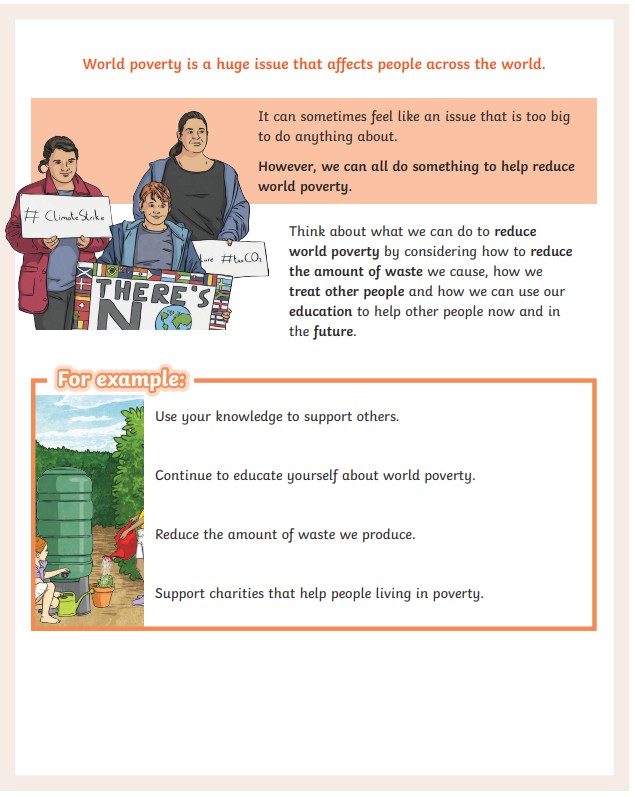
Reflection: Can you make a pledge to make a difference. What one small thing could you do?






